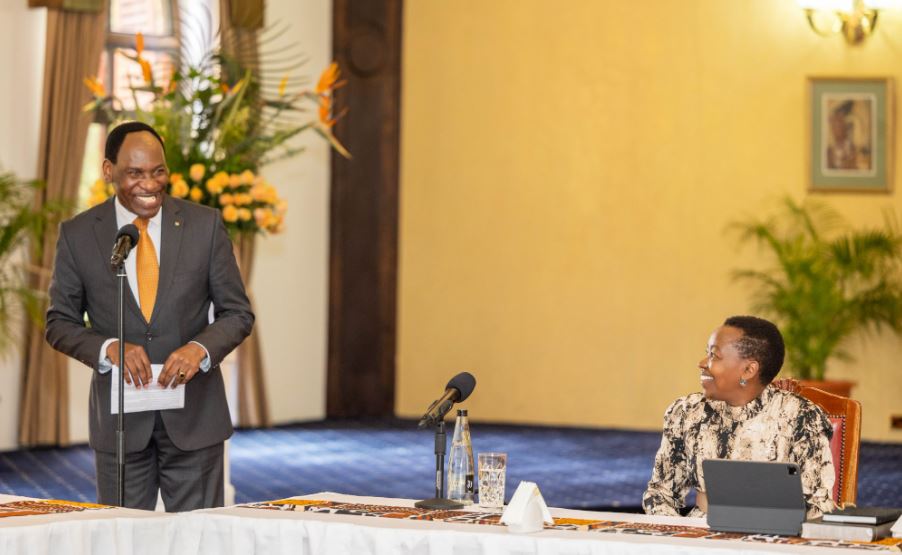
President William Ruto made the remarks on Tuesday during a visit to Roam Park, one of East Africa’s largest electric motorcycle assembly plants in Industrial Area, Nairobi.
The President said his administration is committed to scaling up e-motorbike production from the current production of 2,000 e-motorbikes to 200,000 by the end of 2024.
“We want to have over 200,000 electric boda bodas by the end of next year. We have agreed with some companies and that is why we have reduced five different taxes,” he said.
As part of the government strategy to reduce production costs for electric vehicles and motorbikes, the President mentioned that the Finance Act includes provisions to decrease key taxes. This measure aims to lower the overall costs of production and subsequently reduce market prices for these vehicles.
Ruto said the government had put measures to remove Value Added Tax (VAT) on spare parts and batteries as well as on all charging equipment for the e-bikes.
He also noted that the government would reduce VAT for electric boda bodas which would ensure the buying price goes down by 16 per cent in a bid to make the bikes affordable.
“We have policy intervention in our Finance Bill specifically targeting e-mobility, our boda boda people specifically because they contribute almost Ksh.1 billion to the economy every day,” he said.
“The policy interventions we have included from zero rating on all e-bikes, motor vehicle spare parts, removing taxes on charging equipment, battery and lithium and the whole manufacturing of gadgets and instruments used in e-mobility.”
Dr Ruto at the same time said electricity costs at charging stations would be reduced to enable the riders to maximize their profits and pay less for charging their e-bikes.
“You can see just by intervening in a minimal way, we can be able to bring down the cost of our e-mobility infrastructure by between 16 and 20 per cent just by adjusting taxes here and there,” he explained.
“We need a tax infrastructure globally that is going to respond to climate change financing that we’re looking at.”








